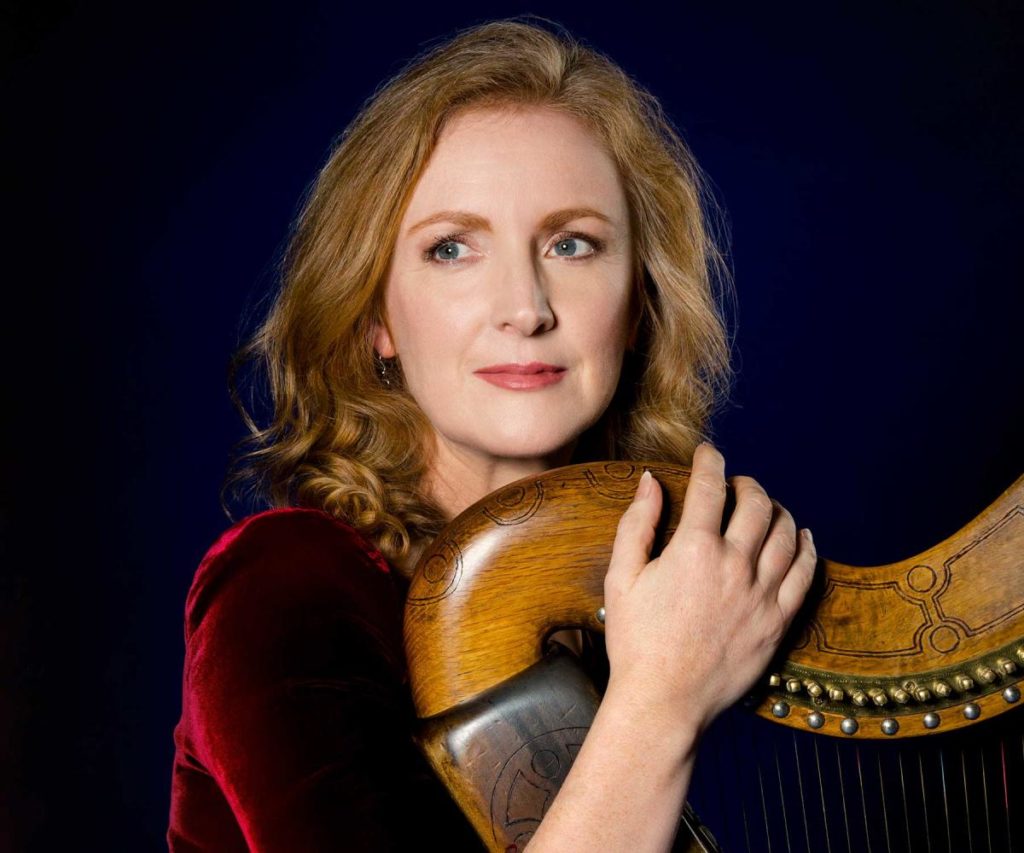
TO quote Anne-Marie Evans in the Daily Telegraph, “whereas the florilegia of the 17th century were created to portray the beauty and novelty of those plants brought back from the colonies, the modern florilegium may be seen as a conservation tool, instrumental in recording for posterity collections of plants within a chosen garden”.
Florilegium’s Le Roi s’Amuse: Music For A King’s Pleasure takes this delicate analogy, a musical journey around a musical flower garden, to “explore the intimate and elegant sound world of France in the decades around 1700 and perform music by composers known to both Louis XIV and Louis XV”.
An inspired concept that rewarded us with an impeccable concert of 18th-century French Baroque music. The concert opened with Jacques-Martin Hotteterre’s Suite in D major, and despite a gentle whinge by flautist Ashley Solomon at the 10.30am start, it was impeccable.
The opening Prelude set the tone of serious elegance and refinement. The flute playing by Mr Solomon was simply divine; phrases lovingly caressed, detail rich and polished. The Sarabande oozed charm and elegance, Menuet’s I & II were fresh and vibrant and the Brione’ Gigue (La Folichon) closed with a deliciously cute signing off.
Some of the movements were christened with titles such as Le Duc d’Orléans and Le Comte de Brionne. I can only assume these referred to courtiers from the reign of Louis XIV.
Jacques Morel’s Chaconne was great fun. It started out as a sweet Sunday morning chat with the flute and viola da gamba. The dialogue became a little more animated, competitive and virtuosic but the narrative always remained within the boundaries of decency, and they did kiss and make up at the end.
Couperin’s Unmeasured Prelude No. 13 is a work written without rhythm or metre indications. The score uses long groups of phrased whole notes, a bit like an instrumental plainchant. Anyhow, the performance was just superb; a quiet, melancholic jewel.
I haven’t heard of the composer Michel de la Barre. He wrote music for the transverse flute (no keys to cover the tone holes). The performance of his Suite No. 9 in G major was ensemble music making of the very highest order.
Marin Marais’s Suite in D minor was a tour de force performed with real, almost musically primal energy and vitality by Reiko Ichise (viola da gamba). The sound world was unlike anything else on offer: muscular, grainy lower register, biting articulation, dramatic dynamic range.
Such was the sheer physicality of the playing that even the wonderful Siobhan Armstrong’s harp accompaniment came across somewhat cowed, almost apologetic and the balance, not surprisingly, uneven.
Jacques-Martin Hotteterre’s Prelude: Pourquoy, Doux Rossignol proved to be the tenderest of love songs. The playing so refined, so sensitive.
Jean-Baptiste Barrière’s Sonata a Tre proved to be a worthy finale. Here, as ever, the playing was incisive, warm and polished. There was an encore, but unfortunately I missed the name and title of the work. It was very good, however.
Florilegium – Ashley Solomon, flute, Reiko Ichise, viola da gamba, and Siobhán Armstrong, harp – clearly are a world-class period instrument ensemble. And this insightful exploration and interpretation of the “intimate and elegant” French Baroque musical world of Jacques-Martin Hotteterre, Marin Marais and their lesser-known contemporaries was an absolute joy.
The performances were invariably elegant, technically flawless and, perhaps above all, transported the listener to a quite magical place.
Review by Steve Crowther
